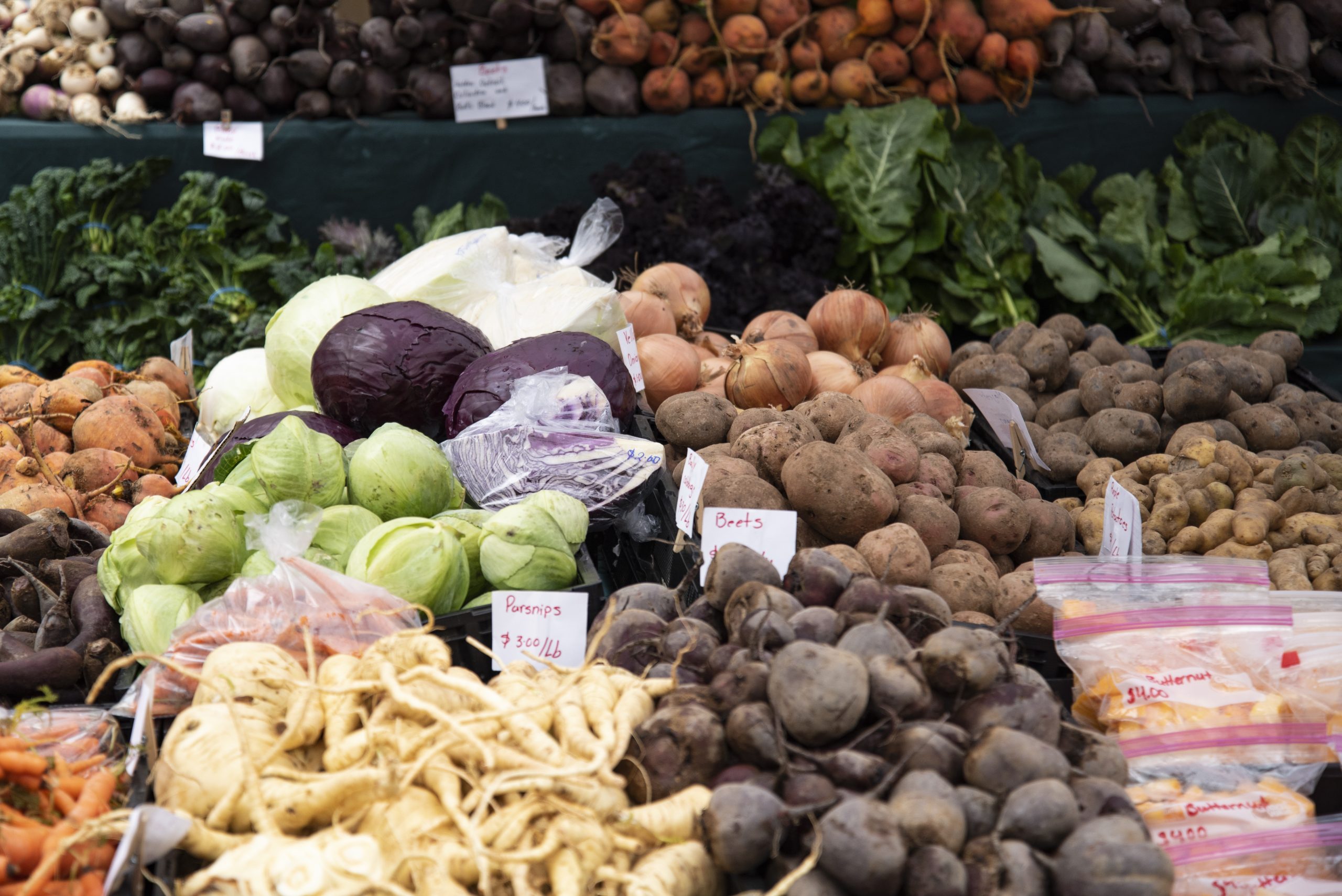The theme of “Roots, Rootlessness, and Uprooting” points to historic, natural, and social processes of connection, creation, and removal. Our work, like all living things, naturally grows out of various personal and professional ecosystems, taking root in specific institutions, communities, and traditions that are themselves subject to organic processes like atrophy and entropy, erosion and abrasion. These processes of natural deterioration, as well as more intentional and violent removal, can uproot not only our work and practices but the communities we rely upon and serve. How do folklorists and culture workers respond to various change-agents, be they individuals or structures, embodied or ephemeral, natural or artificial, dramatic or subtle? Furthermore, how does one grapple with the extractive and othering histories of the field of folklore, as well as those embedded in practices of ethnography and collaboration today?
The theme also advocates that certain colonial structures, institutional hierarchies, and social inequities–including those within our field–must be dismantled in order for cultures and culture work to be sustainable, for reparations and reconciliations to begin. How can folklore offer spaces for confrontation where such ideas, histories, and values get challenged? If we are to engineer a better future, what must we identify, release, articulate, and transform in order to both topple and rebuild? In the midst of turmoil and upheaval, how might folkloric expression and cultural creativity address current crises and help build the world anew?
Hosting AFS 2023 in Portland, Oregon provides tremendous opportunities for engaging the theme of “Roots, Rootlessness, and Uprooting.” Portland’s story begins with the Multnomah, Wasco, Cowlitz, Kathlamet, Clackamas, Bands of Chinook, Tualatin, Kalapuya, Molalla, and many other First Nations citizens who call the Columbia River area home, and who continue to thrive today despite being dispossessed of their lands. Nicknamed Stumptown in the 1850s for the rapid growth that left the stumps of trees behind without resources to remove them, Portland became home to settlers and immigrants coming west by land and east by sea. However, Oregon is the only US state with racist ideologies written into its founding constitution, and its exclusionary laws officially forbade people of color, especially immigrants from China, Japan, and of African descent, from voting, owning real estate or a mining claim, and even marriage with white people until at least 1946. Informal but persistent racism in real estate zoning and sales continued long beyond that, as did Sundown Laws. These formal or informal ordinances restricted the presence of non-white people within city limits after dark through threats of violence and legal action, and they were confirmed or suspected to operate in 24 Sundown Towns throughout the state. Despite white supremacist founding principles, Portland has a long history of anti-racist protests that continues today, like the explosive Black Lives Matter activism of 2020 seen on national news. Vying for dwindling natural resources of timber and fish, grappling with inequities inherited from a racist past, and a growing heterogeneous unhoused population situate Portland in a confluence of environmental, ethnic, and social activism.
Considering its history of inequality, Portland is an ideal site to explore roots, rootlessness, and processes of uprooting. The theme invites us to consider how and why injustice manifests, how it can be confronted, and invites presentations that highlight the role of folklore and folklorists. We invite participants to reflect on notions of roots as they connect to geographies and migration or more broadly to cultural practice or even shifts in disciplines or institutions. How might folklorists contribute to larger conversations in productive ways?
Popular media like the comedy show “Portlandia” amplify the alternative and counter-culture aspects evident in the people and practices of the city. Small (and large), locally-owned businesses thrive in an active downtown and adjoining neighborhoods, all abundant with food trucks, fusion restaurants, pubs and nearby breweries and wineries. Many residents value movements like slow food and bartering, leaving time and community acceptance for experimentation. A mild climate (despite the rain), makes bicycling a commuter lifestyle supported by municipal infrastructure like the pedestrian-only bridges across the Willamette River, which bisects the city. Attributes like this, and its proximity to mountains, ocean, and rivers, put the Rose City on TIME magazine’s 2022 list of World’s Greatest Places; it also supports outdoor recreation (hiking/backpacking, fishing/crabbing, wind sailing/skateboarding, running/jogging). A network of 58 city-funded community gardens provide opportunities to grow fresh food. The Lan Su Chinese Garden and the Japanese Garden offer contemplation and culture, and a wide and deep professional base in meditation, yoga, reiki, acupuncture, and ayurveda enhance healthy living. These systems support a progressive view of human interconnection with each other and the great outdoors, making Portlanders more aware of their impact on their environment, tracing their purchases for both environmental and social justice impact. This mix gives rise to the eco-conscious subcultures that sometimes look extreme to the outsider, inspiring the city to adopt the motto, “Keep Portland Weird.” In Portland, we find a city rife with myriad responses to the tensions that come from being both rooted and uprooted.
